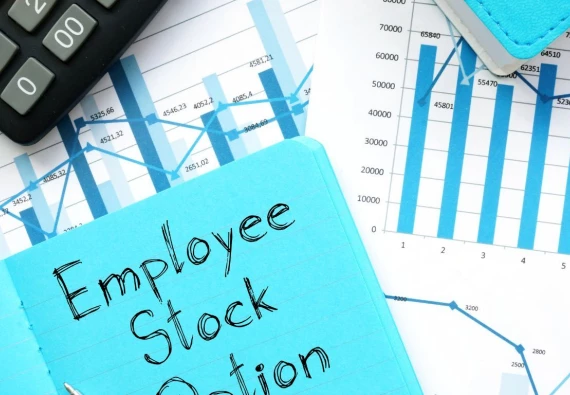*The “One Big Beautiful Bill Act” (OBBBA), signed into law on July 4, 2025, introduced significant updates to the Qualified Small Business Stock tax exemption. Changes include a higher exclusion cap, expanded company eligibility, and partial gain exclusions for earlier exits. If you’re reading this post for QSBS guidance, please be aware that the rules have changed. You can read more about the changes here.
Picture this: you’re a founder or early investor in a wildly successful startup. When the startup is acquired, you sell your shares for many multiples of what you paid for them and you pay no capital gains tax on your profits – a dream scenario.
With IRS Section 1202, or more commonly known as the qualified small business stock exemption (“QSBS” for short), this dream can become a reality. Startup founders, investors, and other stockholders should all need to be aware of how meeting certain qualifications under this exemption can create tremendous opportunities for tax savings.
Related Post: QSBS: Strategies to Boost Tax Benefits for Founders
What is Qualified Small Business Stock?
Qualified small business stock is stock issued by a C-corporation that is eligible for exclusion from federal capital gains taxes. For stock to be eligible for QSBS treatment, both the startup that issued the stock and the holder of the stock must meet certain requirements.
Company Requirements
For a stockholder to take advantage of the QSBS exemption, the company from which the shares were issued must meet certain requirements, including the following:
- The company must be a domestic C-corporation at the time it issues the QSBS and
at the time the stockholder sells the QSBS;
- The company must use at least 80% of the value of its assets in the active conduct of a qualified trade or business (see IRC Section 1202(e)(3)) during substantially all of the stockholder’s holding period in the stock (~70-90% of the period); and
- The company must have gross assets not exceeding $50 million at all times before the issuance of the relevant QSBS and immediately after the issuance of QSBS.
Stockholder Requirements
Additionally, the stockholder seeking to take advantage of the QSBS exemption must meet certain requirements, including the following:
- The stockholder must be an individual, trust, estate, partnership, S corporation, mutual fund, or common trust fund;
- The stockholder must have acquired the stock from the startup in exchange for money, property (other than stock), or services, (not from another shareholder); and
- The stockholder must hold the stock continuously for at least 5 years.
Related Post: QSBS: Workarounds to the Five-Year Holding Period
How is Qualified Small Business Stock Taxed?
Assuming the company and the stockholder each meet all of the above qualifications, the stockholder should qualify for an exclusion from gain on the sale of the QSBS. One wrinkle: this benefit has a cap. The federal capital gains exclusion is limited to the greater of either $10 million of QSBS gain or 10 times the amount of the stockholder’s “basis” in the stock (i.e., the original cost of the stock). Any capital gains above this cap will be subject to applicable capital gains rates.
Are Stock Options Eligible for QSBS Treatment?
An option to purchase shares does not, in itself, qualify for QSBS treatment. However, shares purchased pursuant to an option can be eligible for QSBS treatment, provided all other requirements are satisfied. Note that the five-year holding period starts once shares are purchased, not when an option to purchase shares is granted.
Takeaways
When properly utilized, the QSBS exemption can provide major benefits to startup founders investors, and other stockholders. It’s important to think and plan carefully to take advantage of the QSBS exemption, as there is no shortage of ways that the exemption can be blown or underutilized. This is an area where experienced legal and tax professionals can prove invaluable.
For a bonus pro-tip on ways to maximize QSBS, check out our post on converting an LLC to a C-corporation.






